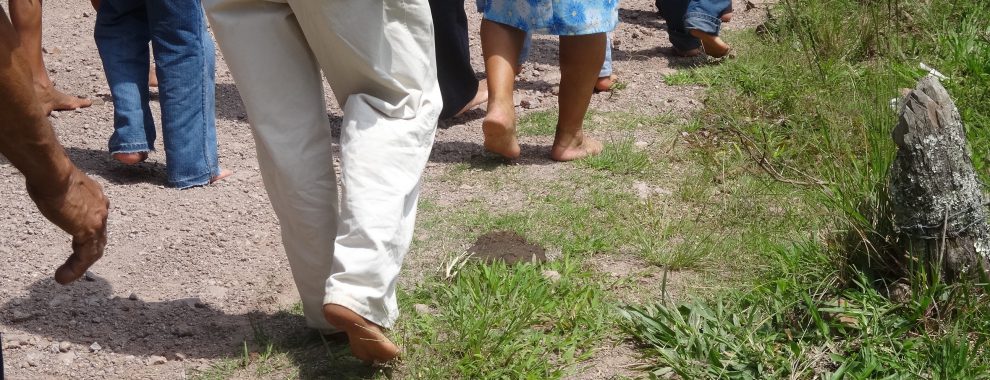Today’s saint, St. Peter Chrysologos – of the golden word – was a fifth century bishop, renowned for his preaching.
Though he preached in the imperial city of Ravenna, his style was simple and straight-forward. “You have to speak to the people in the language of the people,” he once said.
I was moved by today’s reading in the office of Vigils in Benedictine Daily Prayer, by his deep respect for the dignity of all people.
Here in Honduras I often find people who have a low estimation of themselves, partly induced by a system that despises the poor campesino. The words of St. Peter Chrysologos speak directly to them:
O humankind, why do you think so little of yourself when God thinks so highly of you? Why dishonor yourself when God so honors you? Why be so concerned with the stuff from which you are made and so little with the purpose for which you are made? For you the light dispels the darkness; for you the earth bears flowers and trees and fruits; for you the air and earth and waters are all filled with marvelous life—all so that earthly life may not be sad and make you blond to the joy of eternity.
More than this, the Creator made you his image and earthly representative. Then, what he had made in you he took to himself and decided to make himself in human form….
Christ was born to restore our shattered nature…
What dignity we bear, all of us. Those who despise the poor, despise Christ.




